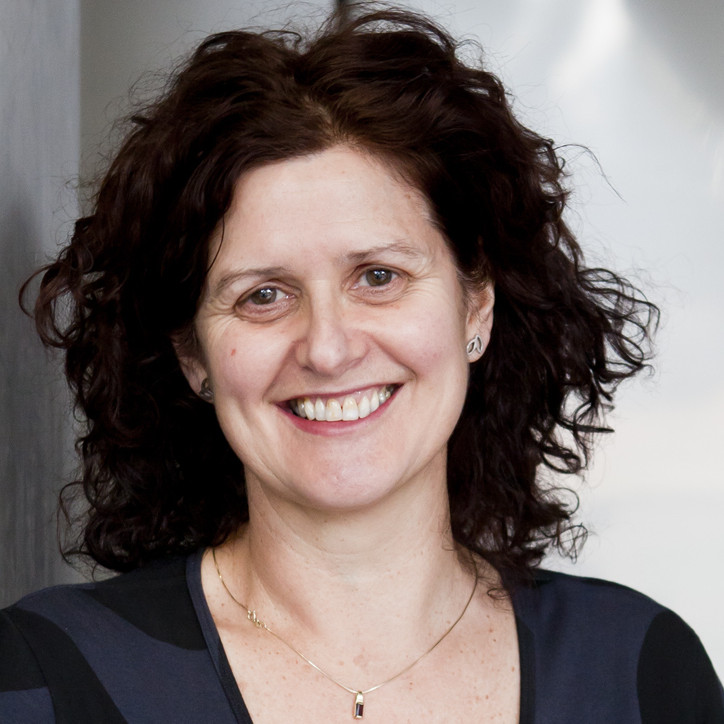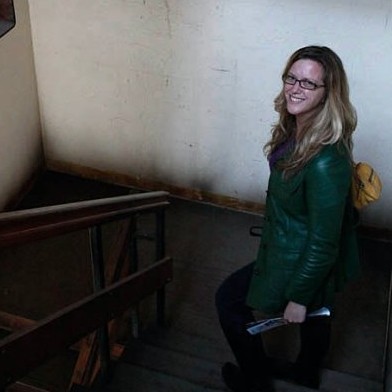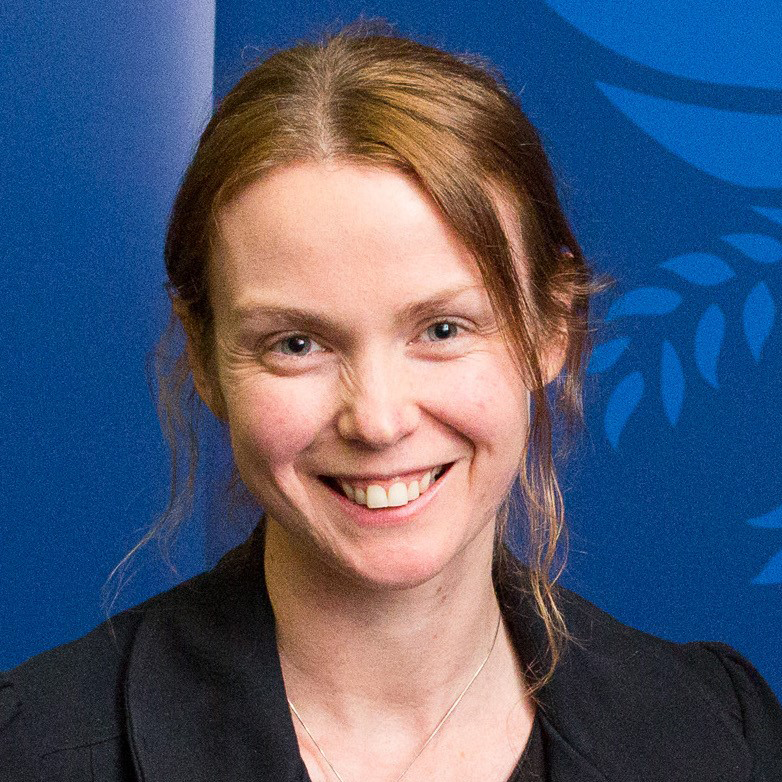


Julie McLeod
Julie McLeod is a Professor in the Melbourne Graduate School of Education and Deputy Director of the Melbourne Social Equity Institute at the University of Melbourne. Her research is in the history and sociology of education, and is guided by three key questions: How has education operated as an ethical project, historically and in the present? How are identities and social possibilities differentially shaped by school experiences? What ideas and practices underpin movements of progressive educational change?
She has investigated these questions in many projects, including qualitative, longitudinal and historical studies of subjectivity, gender and schooling; curriculum history; citizenship, ethics and schooling; progressive and feminist education reform movements; and genealogies of educational expertise and systems of reason about adolescence and youth identities.
Julie’s work draws on feminist and social theory and she has a strong interest in methodological innovation, especially for investigating generational and biographical change, and the history of educational ideas across time and place. This informs her interest in renewing historical sociology of education and in bringing debates about temporality more centrally into educational research. As part of this, Julie has been exploring the affordances of digital scholarship in the social sciences and the challenges of archiving and re-revisiting qualitative research materials.
Current work includes an oral history study of Australian teachers and students across the mid-decades of the twentieth century, a historical study of educational progressivism, and a suite of new and revisited longitudinal and cross-generational studies of young people, their parents and senior schooling. Making futures is part of this work.
More about Julie and her work can be found on her website and at Academia.com
Nicole Davis
Nicole Davis is a Research Fellow with the Making Futures team and a PhD student in the School of Historical & Philosophical studies at the University of Melbourne. She is responsible for project management of the study, including the online and digital research components. Nicole contributes as well to research activities and outputs, especially in relation to the historical and social context of the communities and schools in which the project is based. She also undertakes a range of associated research for the project regarding the history of education more generally.
Her research centres on urban history and has examined the lived experiences of the city from the ancient world to the modern. Nicole’s thesis focuses on the social history and heritage of the shopping arcades of nineteenth-century Australia and examines them as microcosms of social, economic and cultural life on both a local and global scale.
She brings to the project her extensive experience as a researcher, curator, project coordinator and editor in museums and universities, as well as her skills in creating content for and project management of digital research platforms and online exhibitions.
Her photographic practice also adds an affective aspect to her academic work. This work explores questions about the interaction between people and their environments both, both built and natural. She is particularly influenced by ideas concerning memory and history, and the contrasts between the ephemeral nature of everyday life and the apparent permanence of the built environment.
Nicole’s work can be further explored on her websites, A Fashionable Promenade and In Arcadia Photography.
Kate O’Connor
Kate O’Connor is a lecturer in the School of Education at La Trobe University and previously worked on the Making Futures project as a postdoctoral research fellow in the Social Transformations and Education Research Hub in the Melbourne Graduate School of Education. Kate’s research is concerned with educational governance and policy in the schooling and higher education sectors, with particular interests in curriculum and data management. Her work engages with questions relating to the impact of management practices on education and curriculum construction, the understandings and assumptions about knowledge evident in new policies and practices, and the implications and opportunities of new research data management practices for qualitative research.
Kate has worked in educational research for over a decade and has contributed to a range of projects including two major ARC Discovery Projects titled School Knowledge, Working Knowledge and the Knowing Subject and Knowledge Building across Schooling and Higher Education. Her publications include two books completed as part of those projects, Australia’s Curriculum Dilemmas (MUP 2009) and Knowledge at the Crossroads (Springer 2017), as well as articles in journals such as the Journal of Education Policy, the Journal of Educational Administration and History, the Journal of Curriculum and Pedagogy, Higher Education, and the Australian Educational Researcher.
Peter Neish
Peter is the Research Data Curator at the University of Melbourne where he works in partnership with researchers on a wide range of data management projects. He has previously worked at the Victorian Parliamentary Library and the Royal Botanic Gardens Melbourne, using his background as a researcher and computer scientist to make databases and information more available, standards-based and linked. He has contributed to national and international biodiversity initiatives and data transfer standards.
SCIP
SCIP is the first informatics platform at the University of Melbourne to support research in the Humanities, Arts, Social Sciences and the Visual & Performing Arts. A collaboration between the Faculty of Arts, the Melbourne Graduate School of Education, Research and Collections and Research Platform Services, SCIP’s team members have been integral to the development of this website.
Further information about SCIP, its partnerships and projects can be on its website.
Project Partners


